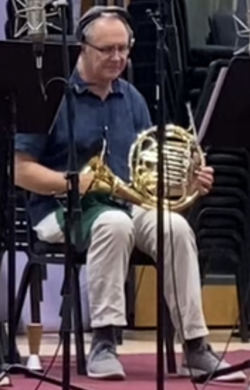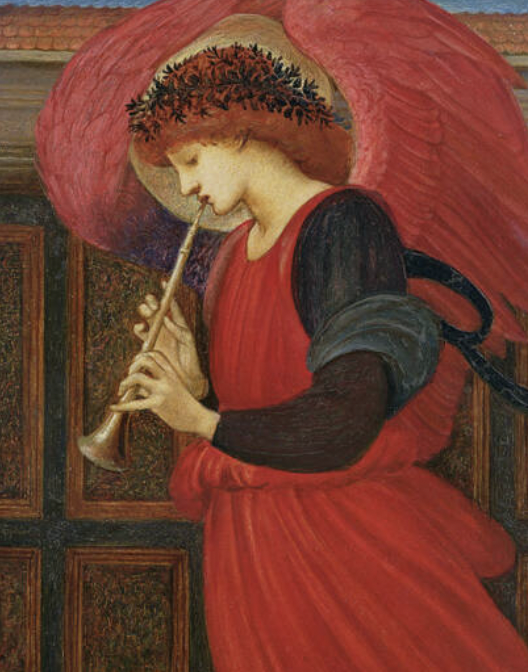Issue #314 / February 2025
Joy is hearing the French horn in your song ‘Joy’. This song resonates deeply with me after I lost my mother at age 11 and because my mother never heard her granddaughter play the French horn. I feel my mother sitting on the end of my bed, telling me that I need to feel joy after so long. I wish she were here to hear her granddaughter playing. I know she’d be dismayed at the state of the world today, but she’d still look for joy.
LISA, VANCOUVER, CANADA
Dear Lisa,
Last week, as we drove across the Downs on our way to Marianne Faithfull’s funeral, Warren played the viola while I accompanied him on a Korg keyboard, rehearsing the song ‘As Tears Go By,’ which we later performed at the service in a little church in Berkshire.
“I wish we had a French horn”, said Warren.
This brought to mind your letter, Lisa, and I read it to Warren in the car because I knew he would enjoy hearing about your fondness for the French horn. We discussed how the French horn became the defining musical element in the song ‘Joy’, perhaps even the entire Wild God record.
‘Joy’ is a strange song. It is an improvisation in which I unsuccessfully attempt to impose a traditional 12-bar blues lyric onto Warren’s circular chord progression. The song opens with a raw, brutal, earthbound lyric – ‘someone in my family was dead’ – and gropes its way toward a highly poetic, mystical resolution where the stars become ‘bright, triumphant metaphors of love’. The song is a journey from the impossible present to a place beyond time, transcendent and otherworldly, with the French horn ferrying us along, summoning the heavens.
The French horn embodies so many complex emotions – sorrow, of course, and yearning – but it also conveys more elevated sentiments – courage, steadfastness, fidelity, dignity and nobility. When we recorded the French horns for Wild God in the studio, the four players produced long, soul-stirring notes, and Warren and I stood in the control room, moved to tears (you cannot remain seated when you hear a French horn; it compels you to your feet). Your daughter must be a remarkable individual to have chosen such an unusual, solitary instrument that stands entirely at odds with our times.
Thinking of your mother, I recalled my own, speaking of my father, who, like your mother, died young, “He just missed out on so much”. Indeed, that is the tragedy of death; it robs us of life. I was pleased that your letter acknowledged music’s ability to reconnect us with those who have passed away. I do not doubt that your mother was beside you on the bed, three women, three generations, each seeking the other, up and down the axis of those long, yearning notes from your daughter’s horn. And while I cannot claim to know what lies beyond the veil, if there are angels, they are surely standing at attention, listening to your daughter with righteous tears in their eyes, for the mighty French horn embodies the very sound of our triumph over death. Revelation states, “Behold, a door was opened in heaven; and the first voice which I heard was as it were a trumpet talking with me; which said, ‘Come up hither’”.
“I wish we had a French horn”, said Warren as the cold winds of Berkshire blew, and we laid our beloved Marianne in the ground.
Love, Nick

